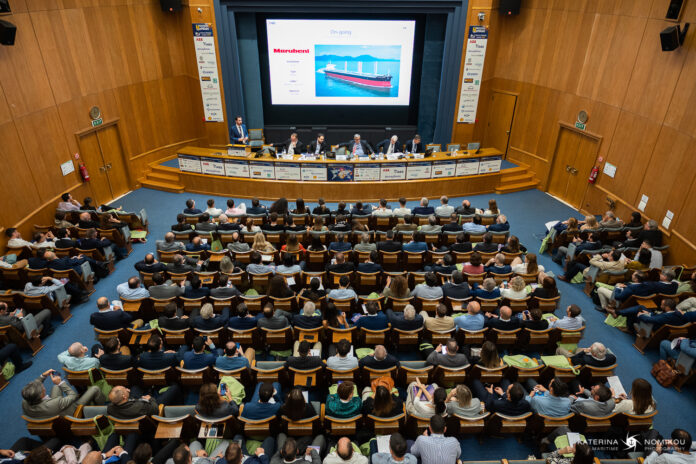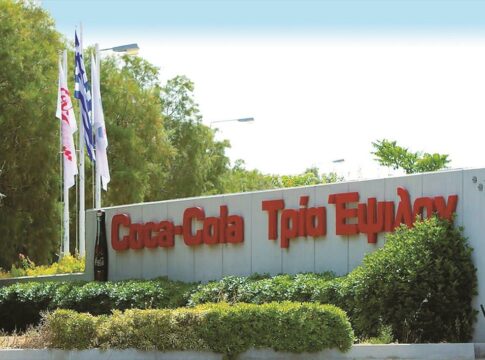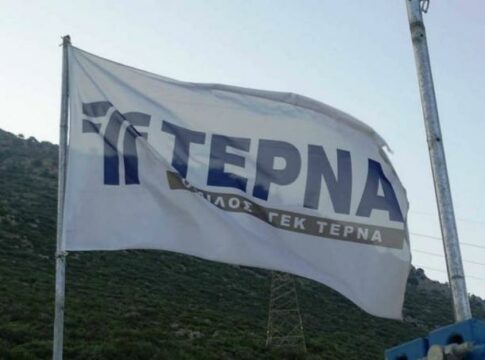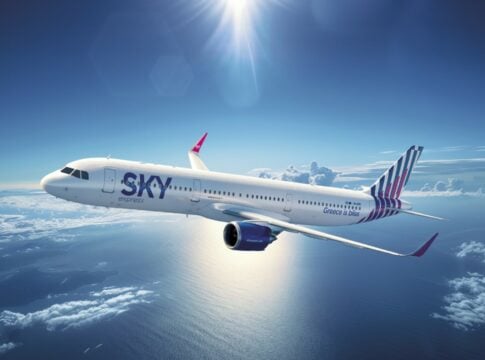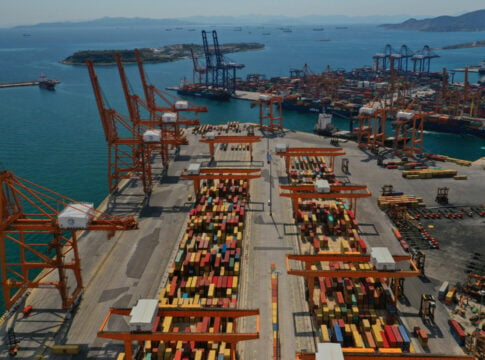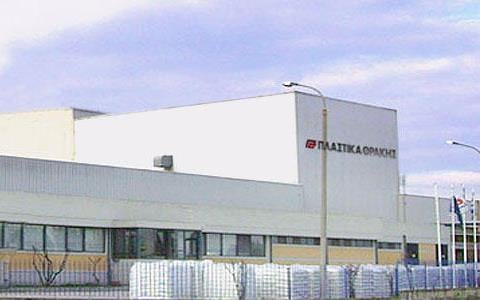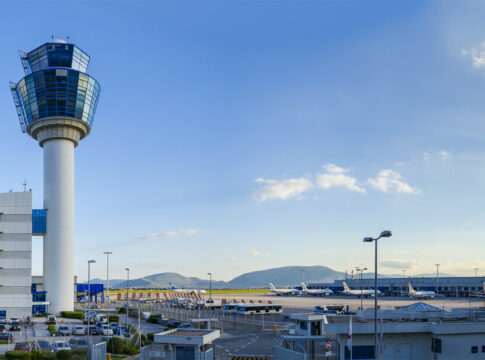“Adaptability” is a key word for shipping, Yannis Platsidakis, honorary chairman of Intercargo, stressed during the conference “Greener Shipping Summit 2023. Where is shipping heading in the next decade?”
“We all observe a rapidly developing technology, which affects businesses and the daily lives of all citizens. At the same time, environmental protection is at the top of the social agenda. Every sector of the economy needs to take this seriously, and shipping certainly needs to do so,” he said.
He added that “as far as environmental protection is concerned, I would say that shipping is considered guilty until proven innocent. Shipping has been heavily criticized as a major polluter. This is not fair. It carries 90% of world trade and emits just 2.3% of global emissions.”
Ammonia engines
Michael Jeppesen, promotion manager, MAN Energy Solutions, said that his company is conducting research and expects to install the first ammonia engine on a ship next year.
“By the end of 2024 we will be able to deliver our first ammonia engine to a Japanese shipyard. We have positive results from our tests. Several engines will be in operation in 2025-26,” said Jeppesen.
In his turn, Christoph Rofka, division president for medium and low speed products, Accelleron, spoke about the need for flexibility in product development, as he presented the challenges in adopting new fuels. “Ammonia, methanol and LNG will be the fuels of the future. By 2030 all newly built ships will be able to use dual fuel. The technology will develop faster than the availability of these new fuels,” he said.
Dimitris Koutsaftis, senior scientific consultant, r&d, ERMA First, presented carbon capture storage (CCS), while Yigit Kemal Demirel, decarbonization specialist, Hempel, referred to energy efficiency dilemmas in the CII era.



